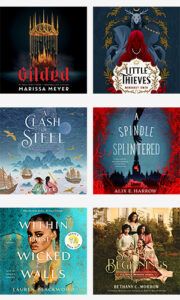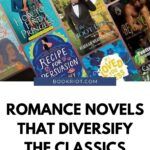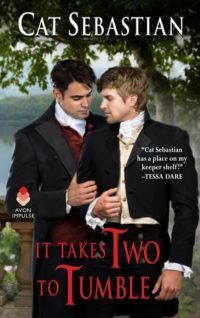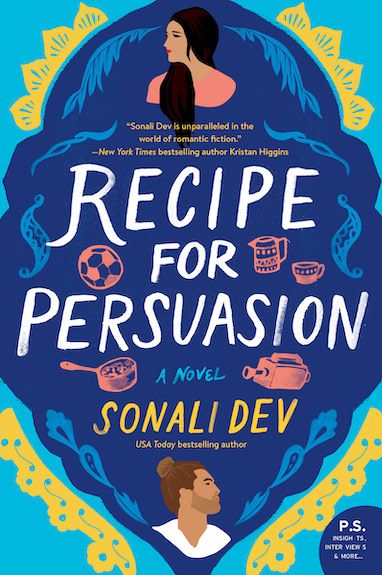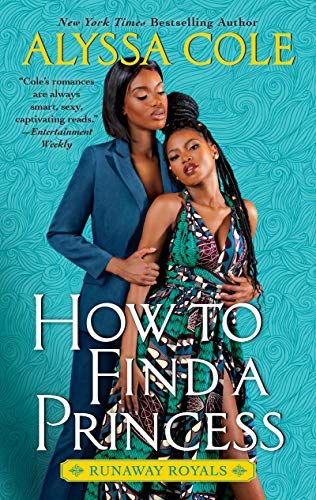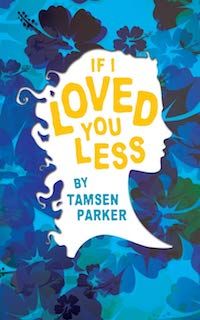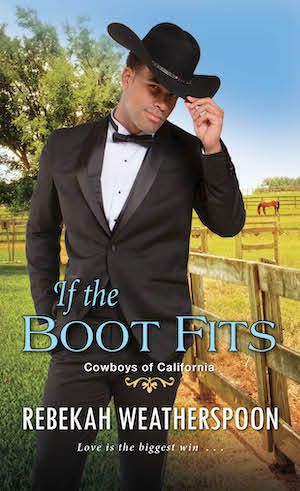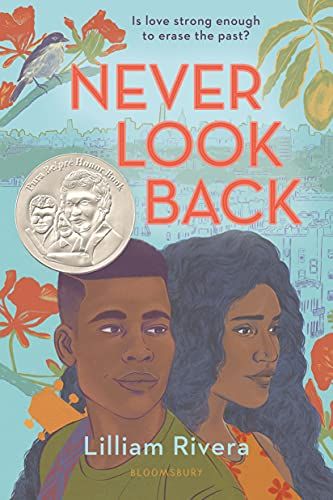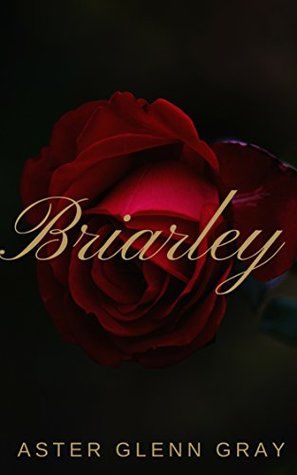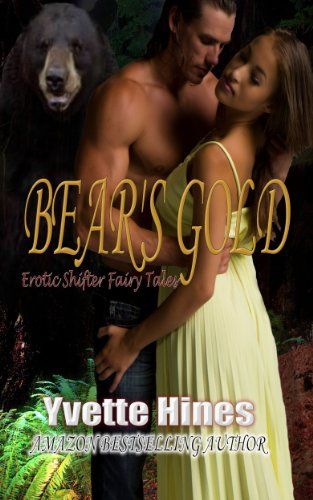This collection of audiobooks features classic stories and favorite fairy tales and reimagines them with modern flair. Marissa Meyer takes on Rumpelstiltskin in Gilded, Lauren Blackwood gives an Ethiopian-inspired fantasy twist to Jane Eyre in Within These Wicked Walls, Alix E. Harrow puts her own spin on Sleeping Beauty in A Spindle Splintered, and more. Hear them all now! Romance is a genre built for retelling stories. Much like a classic tale full of characters and plot points we’ve known for as long as we can remember, there’s a predictable pattern for most romance novels — a framework within which an author is working. In both a retold story and a conventional romance, what makes the story creative and unique is how an author or storyteller works within the structure set for them. In the best cases, a writer keeps the core elements and builds out the story, bringing their own take and talent to something familiar. One of the ways romance authors have done this is through broadening the representation in the settings, characters, and circumstances in classic stories. In reimagining classic pairings as same sex couples or recasting the well-known fairytales without the petite white princesses from the Disney versions, romance authors let more of us see ourselves as a part of treasured stories. A Cinderella story resonates for a different audience when the princess-to-be is a plus-sized Black woman in Hollywood. The lessons learned by Jane Austen’s meddling Emma translate in a new way when the main character lives on a Hawaiian beach and the object of her affection is another woman. At its best, the romance genre is a place where all kinds of people are a part of love stories and happy endings, and that broad representation is especially important when the stories are ones that we tell and retell over centuries and across cultures. Romances are inherently stories of love and hope, and these retellings are some of the ones that demonstrate that telling a more inclusive version of a classic story makes it even more worthy of a new audience. The stories we tell — and especially the ones we retell — play an important role in building our larger social history. That’s part of the reason that the way we tell those stories matters so much. Our culture can’t be fully represented in that history unless the books we’re reading and writing include happy endings for everyone.
